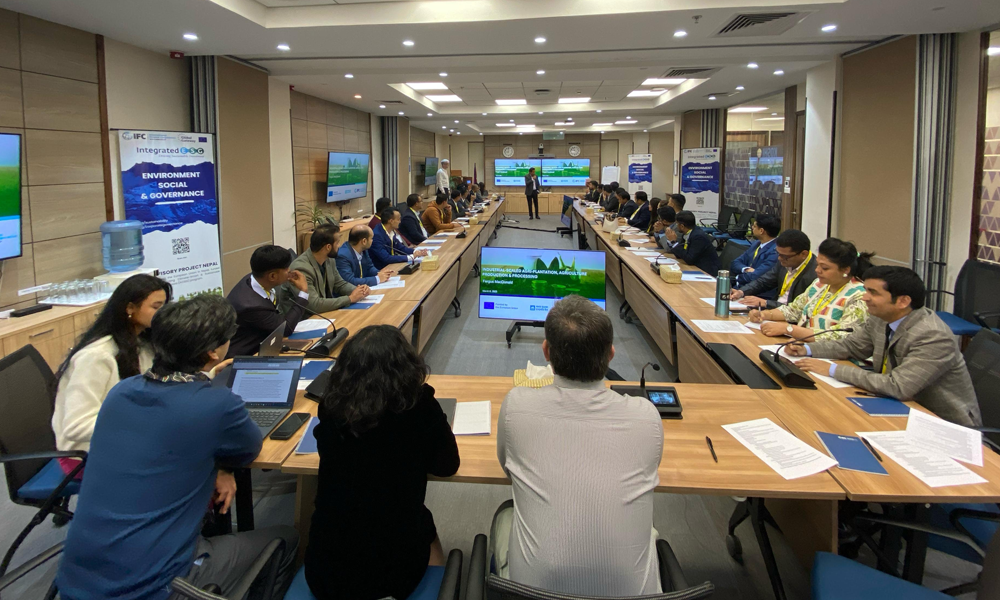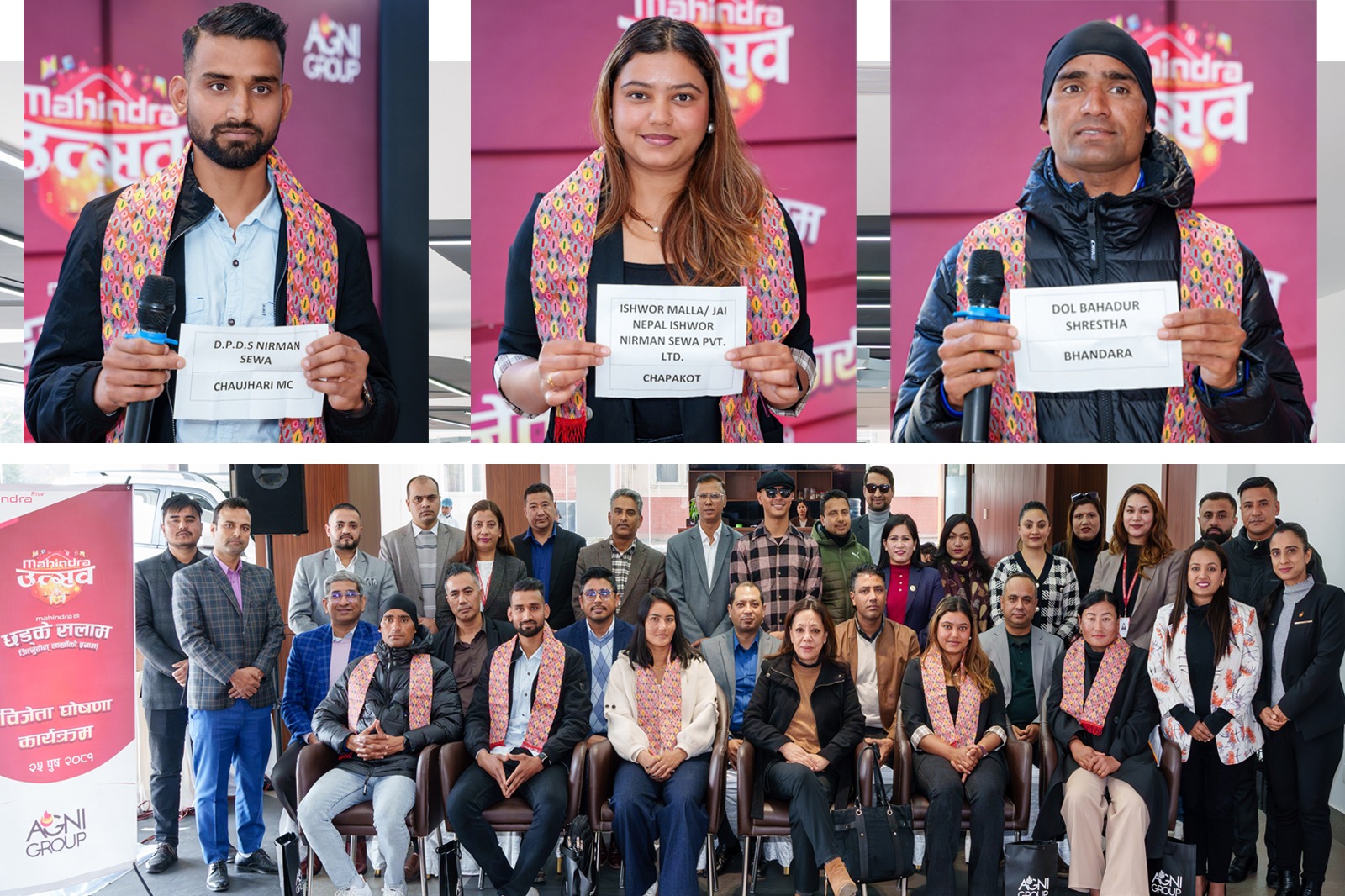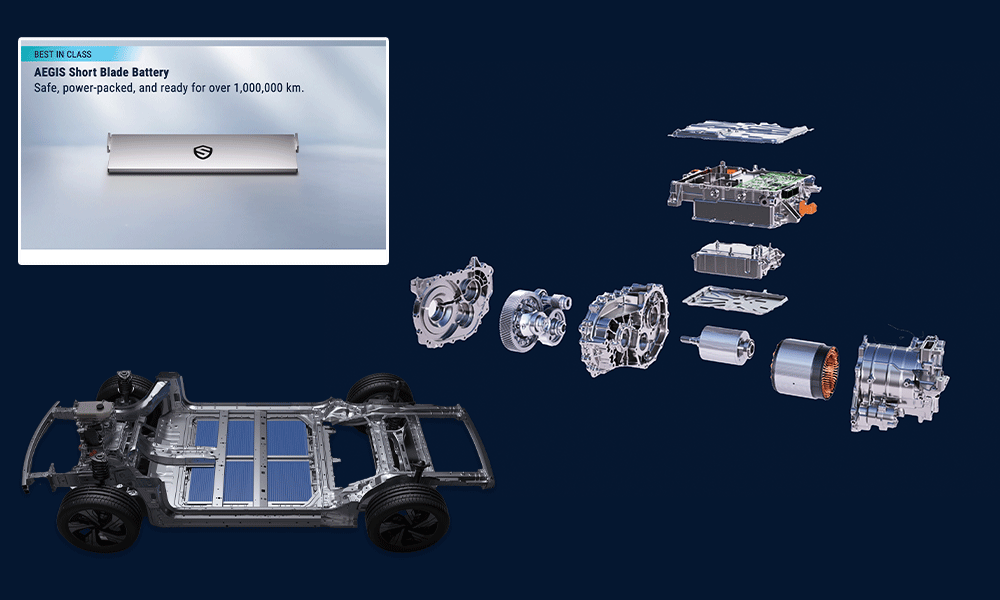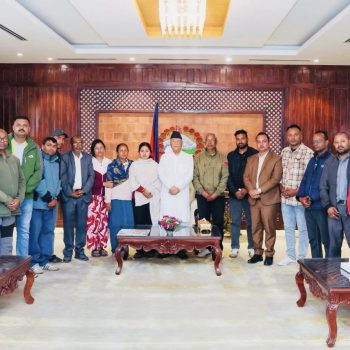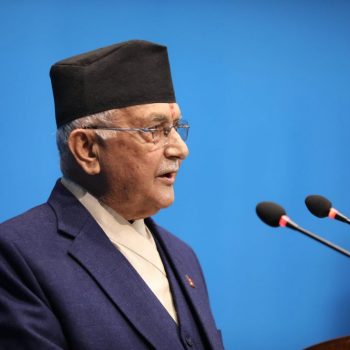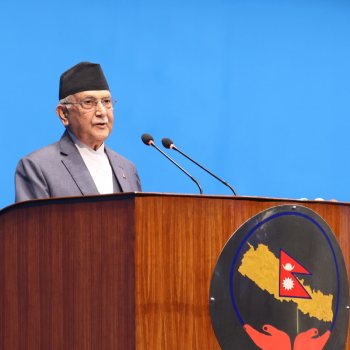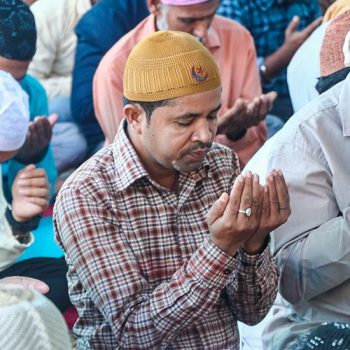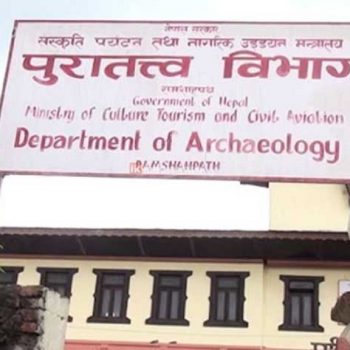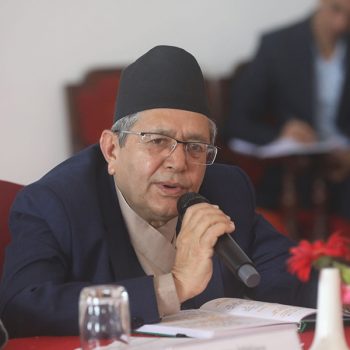KOICA enhances reintegration and employment for returnee migrants in Nepal by launching 5 reintegration manual books
 NepalPress
NepalPress
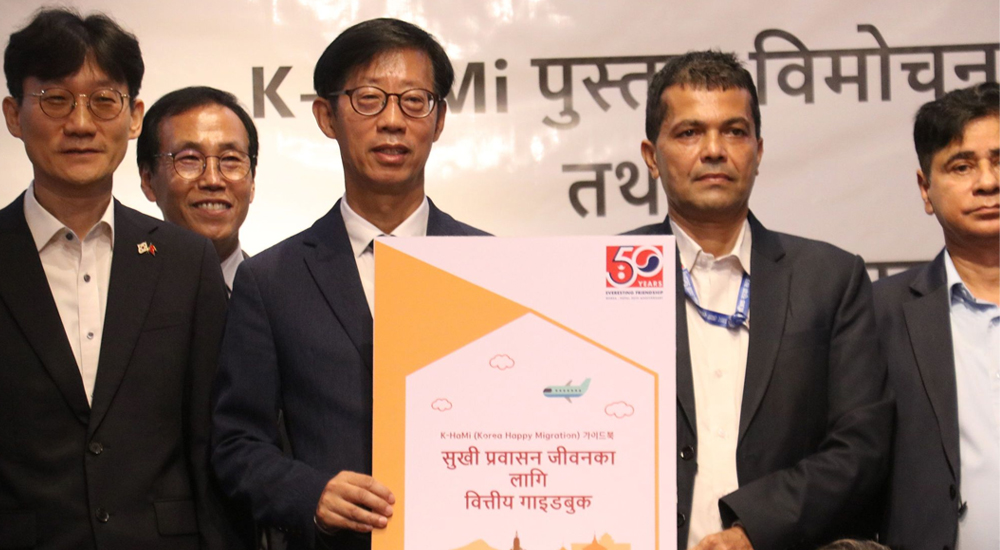
KATHMANDU: The Korea International Cooperation Agency (KOICA) is stepping up to support the stable reintegration of returnee migrants who have returned to Nepal after working in Korea, encompassing their entire employment cycle.
On July 23rd, KOICA held a book launching event in Kathmandu valley, Nepal to celebrate the publication of five books as part of the “Project for Strengthening Stage-wise Support System for the Stable Reintegration of Returnee Migrants in Nepal (K-HaMi).” These books cover the entire foreign employment cycle, from pre-migration to post-return, and include:
- A vision plan book
- A K-HaMi guidebook (for financial literacy education and suicide prevention education for migrant workers)
- A financial literacy book (for migrant workers’ families)
- A reintegration information manual
- A reintegration survey results report
Economic challenges remain for returnees despite leaving Nepal with big dreams
Since the introduction of the Employment Permit System (EPS) in 2007, Nepal has sent approximately 100,000 workers to Korea. In 2023 alone, nearly 20,000 Nepalese workers departed for Korea under the EPS system which amounts the highest number among the 16 EPS partner countries. Currently, approximately 44,000 Nepalese migrant workers reside in Korea.
Last year, approximately 800,000 Nepalese left for foreign employment in countries including Korea. Despite departing with high hopes, many returnee migrants face economic challenges upon their return. According to the Pravasi Nepali Coordination Committee (PNCC), about 37.6% of returnee migrants engage in subsistence agriculture, while 16.5% remain unemployed.
The Department of Foreign Employment (DoFE) reports that the majority of Nepalese migrant workers are aged between 18 and 44 years, with half of them falling into the 25 to 34 age group. Despite being in their prime working years, a lack of job opportunities and limited support often leave them no choice but to seek employment abroad once again.
KOICA Enhances Essential Skills for Migrant Workers and Returnees For Each Migration Stage with 5 Books : ‘Early Planning Support’ before migration → ‘Remittance Management Support’ during migration → ‘Improved Access to Reintegration and Entrepreneurship Information’ after return
To address the challenges, KOICA launched the K-HaMi project as an initiative aiming to provide comprehensive stage-wise reintegration support throughout the entire migration cycle, extending from pre-departure to post-return, with a particular focus on fostering entrepreneurship among returnee workers.
KOICA plans to inspire reintegration among returnee workers by providing essential information for each stage of the employment cycle from pre-migration → migration → post-return through the publication of books.
During the pre-migration stage, a vision plan book assists migrants in early reintegration planning, while the K-HaMi guidebook educates them on systemically managing Korean earnings and securing funds for their return.
In the migration stage, a financial literacy book for migrant workers’ families encourage savings from remittances, preparing them for business upon return. Simultaneously the K-HaMi guidebook provides practical knowledge on how to use the Korean financial system, essential information about Korea, and mental health support, including suicide prevention, facilitating a smooth transition and adaptation for returning workers.
Moreover, vital reintegration information encompassing economic trends, labor market conditions, and successful entrepreneurship cases in Nepal is provided, aiming to mitigate information gaps that may delay reintegration efforts.
After returning, the reintegration information manual that compiles essential reintegration information expedites returnees’ adjustment in Nepal. Returnee workers can grasp successful reintegration cases and all the information necessary for employment and business through the manual. The manual will be integrated into a future mobile app, allowing migrant workers to access needed information any time.
In addition, KOICA has released a ‘Reintegration Survey Report’ having gathered reliable data on the reintegration status of returnee workers from Korea. This is expected to serve as a foundation for the Nepal Government to develop reintegration support policies and programs based on the reality of the returnee workers.
“I hope that the published books will serve as a compass for returnee migrant workers and their families facing challenges.” said Mr. Kong Mooheon, KOICA Nepal Country Director. “Through essential information and support in the books, I look forward to seeing competent entrepreneurs integrate their experiences in Korea. Beyond improving information accessibility, we are committed to eliminating various constraints throughout the employment cycle, aiming to establish a stable reintegration system.” he added.
KOICA has developed textbooks through the K-HaMi project since 2023 and has been operating a new pre-departure orientation training program since June 2024. To date, K-HaMi project has conducted four sessions of the new pre-depature orientation training program, including vision establishment education, financial literacy education and suicide prevention education (attended by 900 individuals), three sessions of reintegration information education (200 participants), and two sessions of family financial education (116 attendees). Looking ahead, these programs are projected to reach over 20,000 individuals.
Furthermore, K-HaMi project supports bolstering skills and entrepreneurship enhancement training for Nepalese migrant workers currently working in Korea. Starting from May 2024, 15 individuals are enrolled in courses such as motorcycle repair, distribution, and trade, while 50 are participating in entrepreneurship education programs.
At the moment of celebrating the 50th anniversary of diplomatic relations between Korea and Nepal this year, the K-HaMi project is recognized as a crucial initiative contributing to Nepal’s economic and social development through the smooth reintegration of migrant workers. KOICA plans to strengthen bilateral human networks through this project until 2028, enhancing the capacities of returnee workers as entrepreneurs to contribute to job creation and the Nepal economy.



